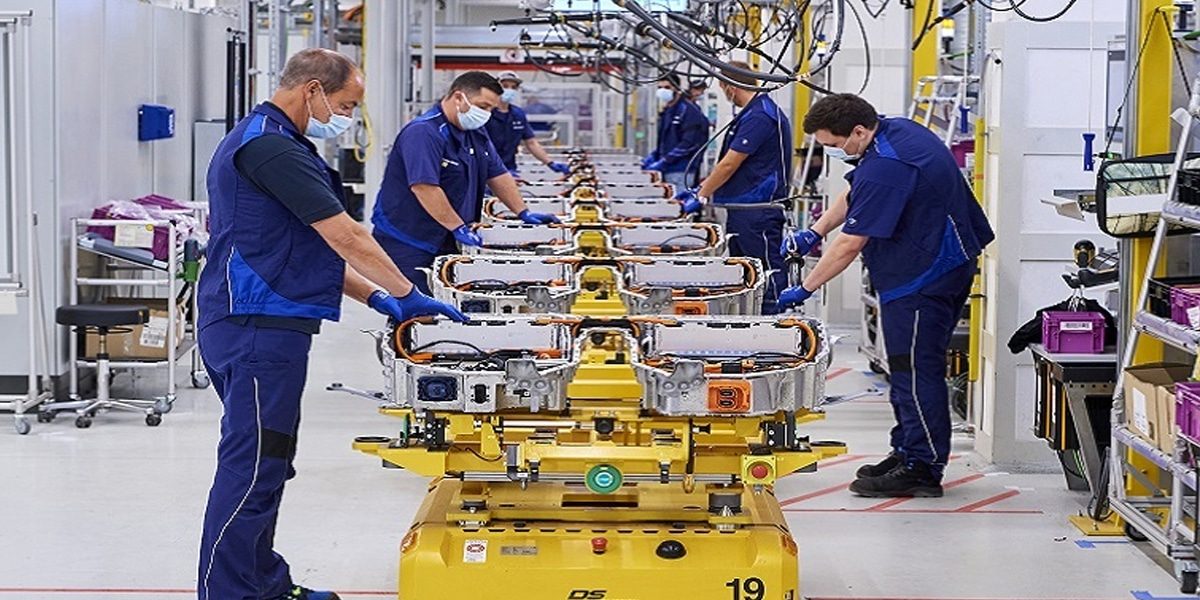With everyone scrambling to secure their share of the lithium necessary to make the transition to carbon neutrality, the European Union finds that it has its work cut out for them when it comes to supplying its domestic markets with the necessary materials for manufacturing electric vehicle (EV) batteries.
The European Commission is currently poised to finalize its Critical Raw Materials Act, which aims to address the need for battery metals, including the much sought-after lithium, cobalt, and natural graphite. However, the continent does not have any major deposits of these vital metals, so meeting the needs of supply chains throughout the region has long depended on supplies shipped from overseas. That said, the primary challenge for the EU is to build out its supplies of these metals to reduce such dependence – but this is much easier said than done.
According to Ryan Parkin, CEO of Infinity Lithium, Europe’s EV manufacturing sector will need up to 800,000 tons of battery-grade lithium by the end of the current decade. Parkin added during his panel at last month’s Fastmarkets’ European Battery Raw Materials Conference in Barcelona that the global supply of lithium is currently pegged at 700,000 tons, meaning that Europe will be hard-pressed to secure its supply of raw materials and to downstream its conversion capacity.
Savannah Resources’ Sascha Keen agreed with Parkin’s statement, stating that Europe’s current range of resources is insufficient to meet the continent’s growing requirements. However, there may be an opportunity to grow these resources if the EU could consolidate all of its exploratory initiatives. This could result in a more substantial supply of necessary metals if pulled off properly.
But not everyone is optimistic. Piedmont Lithium’s chief commercial officer Austin Devany expressed doubts that Europe can secure a large enough supply of lithium to meet its needs. He pointed out the looming shortage of lithium. Therefore, those key initiatives to develop self-sufficiency need to be fast-tracked, especially with the possibility that hostile nations could “weaponize” their needs to gain the upper hand in conflict. In this case, mines aren’t the only area the EU should focus on but the construction of processing plants, as well.
But lithium isn’t the only material the EU finds itself challenged to secure. Cobalt is another, and 70% of the global supply is mined under inhumane circumstances in the Democratic Republic of Congo. This may prompt nations to seek other, more humanely operated facilities elsewhere in the near future.







